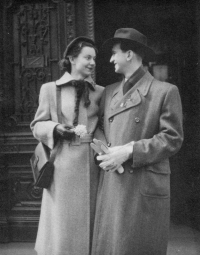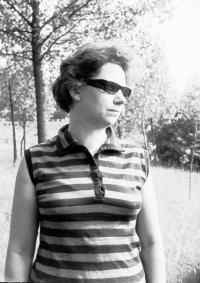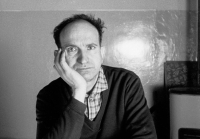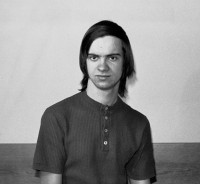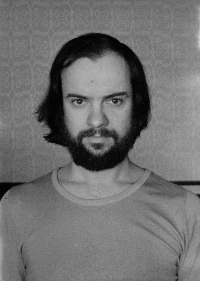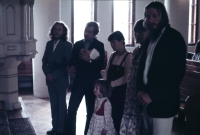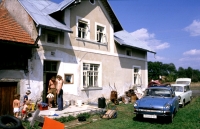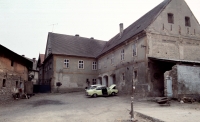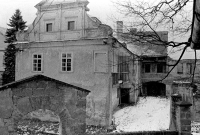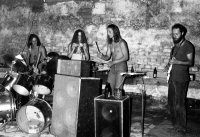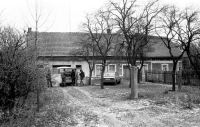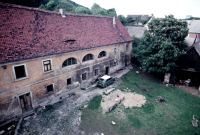I was attracted to the fact that these were people who wanted to live their lives
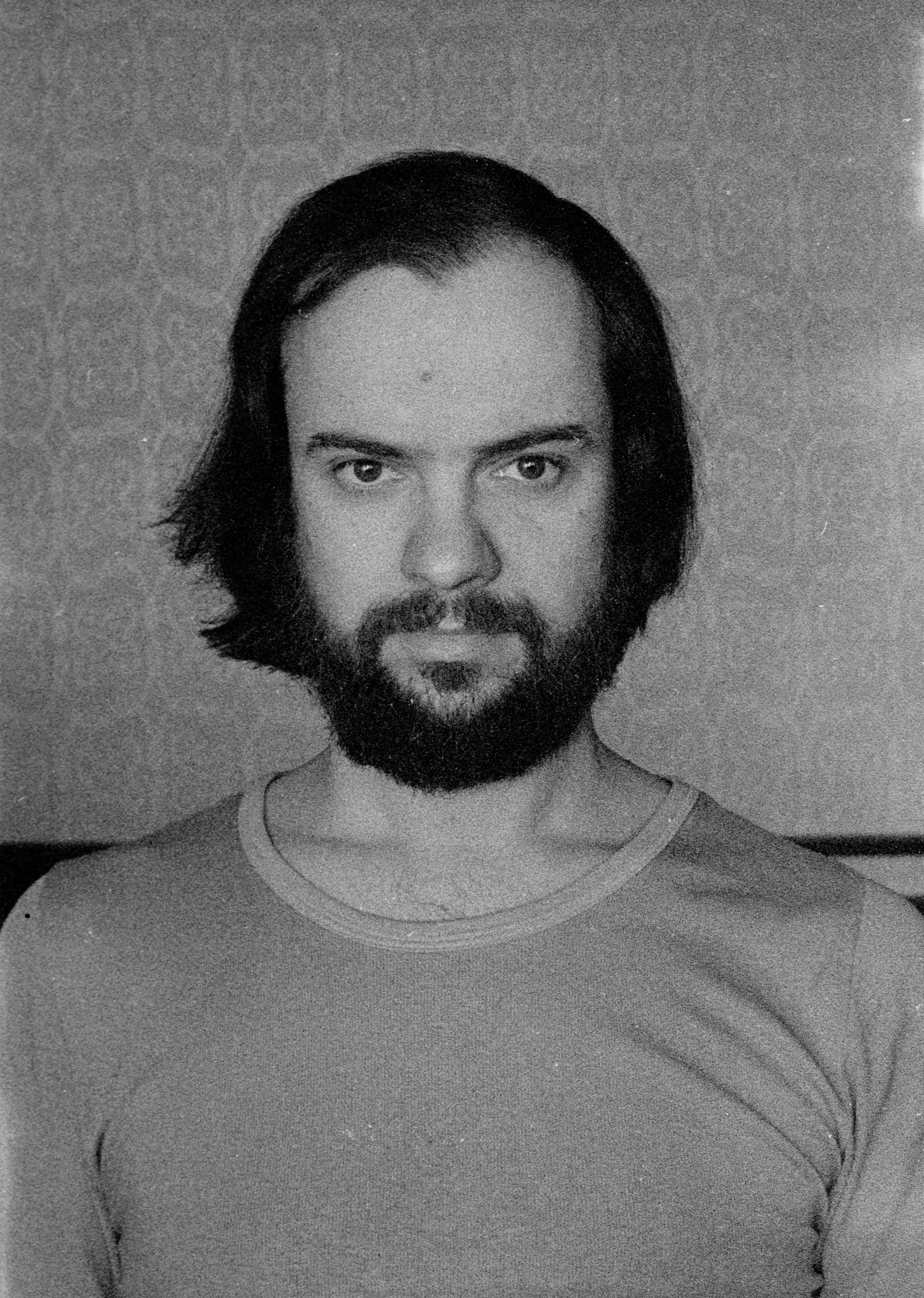
Download image
Pavel Fiala was born in Prague on 30 September 1956, a year later the family moved to Příbram with his older brother Tomáš. His father Jaromír was a pulmonary doctor, his mother Věra, née Špidlenová, worked at the National Committee. The occupation of Czechoslovakia by the Warsaw Pact armies caught the family on vacation and caused the father to leave the Communist Party and the uncle emigrated with the whole family to Canada. When Pavel Fiala was 17 years old, tragedy struck the family when his mother died suddenly, which was hard for him to come to terms with. He spent six months in therapy in a mental institution, but still graduated from high school on time. He was exempted from compulsory military service due to health problems and in 1976 he started working at Czechoslovak Television (ČST) as a lighting technician, then trained remotely as an electrical engineer. Through a friend, he met a circle of people from the underground, who in the 1970s began to move to northern Bohemia, especially to the Litoměřice area, to the so-called houses. Pavel Fiala mainly visited the families of Viktor Parkan, Jiří Kubíček and Charlie Soukup in Řepčice. He found it enriching to meet people who wanted to live their own way and were therefore inconvenient to the communist regime and were persecuted by State Security (StB). The StB eventually liquidated the houses in various ways. Pavel Fiala moved to Úštěk in 1984, where he lived in an evangelical meeting house and worked as an electrician, but three years later he returned to his original job in Prague. In January 1989, he participated in demonstrations during Palach Week, helped spread the petition Several Sentences, and in November participated in mass demonstrations before the fall of the communist regime. The file State Security kept on him as a person under investigation was shredded in 1989. After the Velvet Revolution, his life did not change fundamentally; he worked at the Czech Television, enjoyed his freedom and the opportunity to travel. In 2023, Pavel Fiala was living in Prague.
